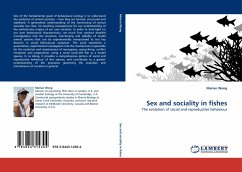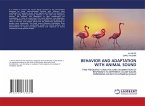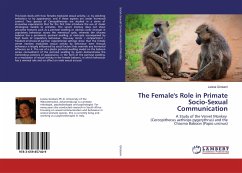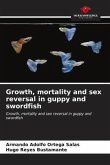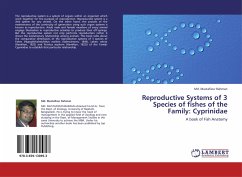One of the fundamental goals of behavioural ecology is to understand the evolution of animal societies how they are formed, structured and stabilized. A generalised understanding of the functioning of animal societies has clear, far-reaching consequences for our understanding of the evolutionary origins of our own societies. In order to shed light on our own behavioural characteristics, we much first conduct detailed investigations into the structure, functioning and stability of model animal systems that can be experimentally manipulated to test key theories in social behavioural evolution. This work represents a quantitative, experimental investigation into the mechanisms responsible for the evolution and maintenance of monogamy, group-living, conflict resolution and cooperation, using a social coral-reef fish as a model species. In so doing, it provides a comprehensive picture of social and reproductive behaviour of this species, and contributes to a greater understanding of the processes governing the evolution and maintenance of societies in general.
Bitte wählen Sie Ihr Anliegen aus.
Rechnungen
Retourenschein anfordern
Bestellstatus
Storno

